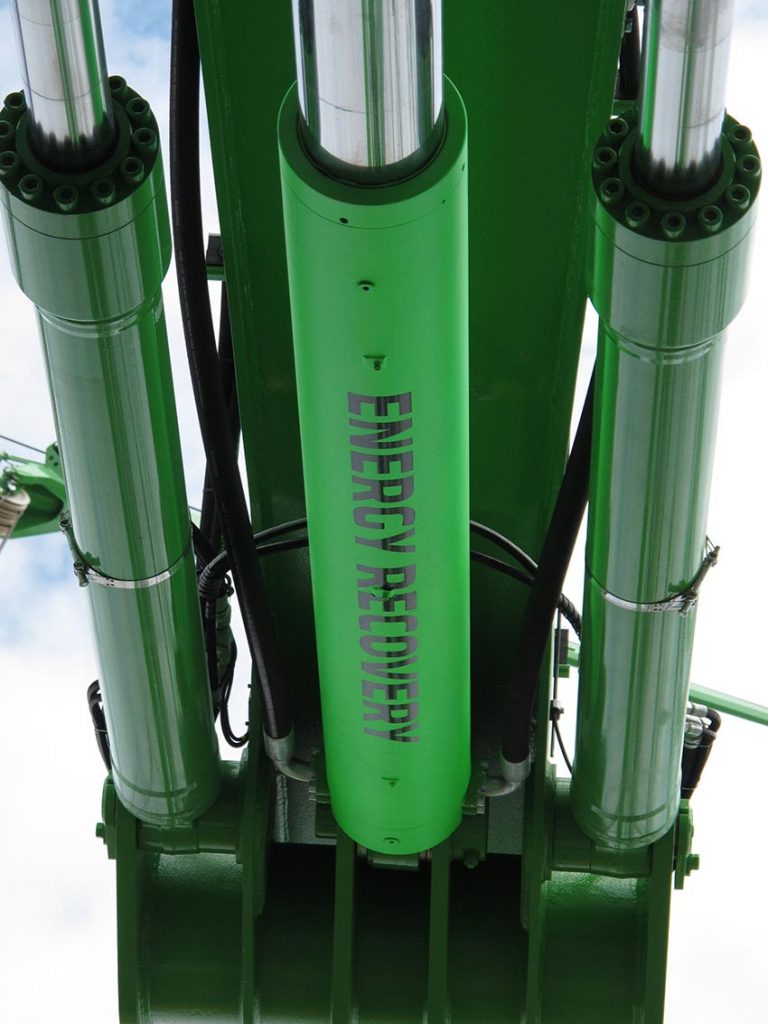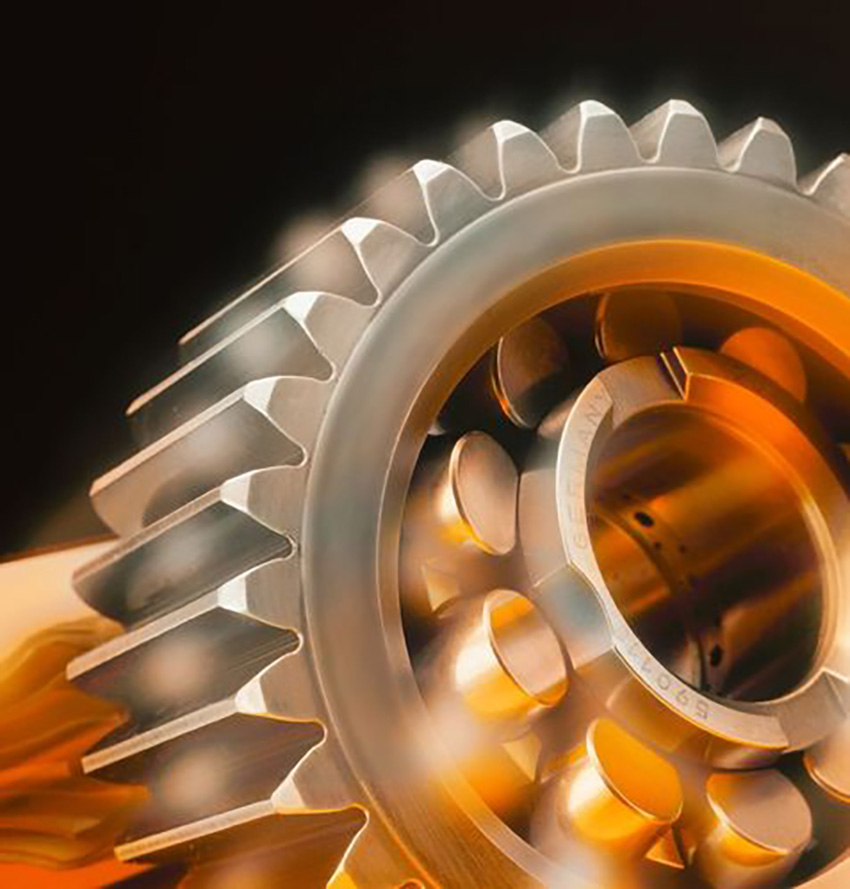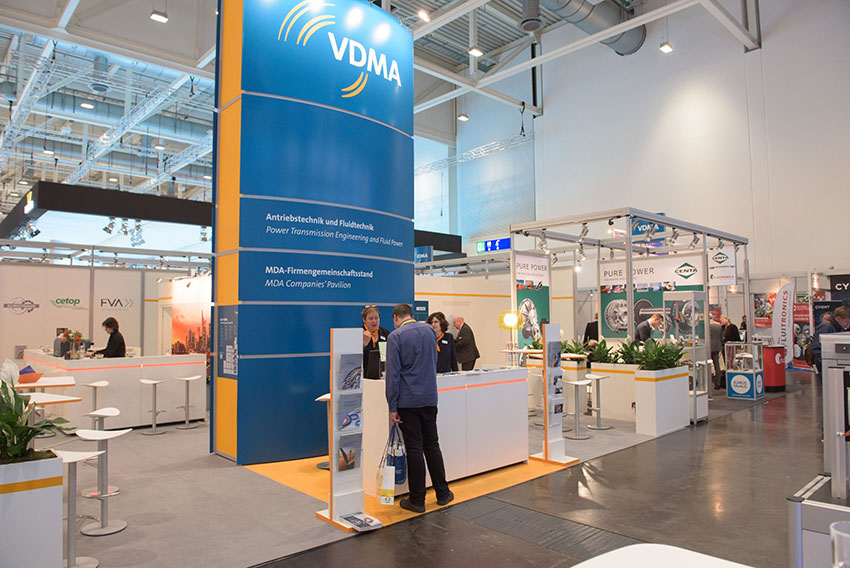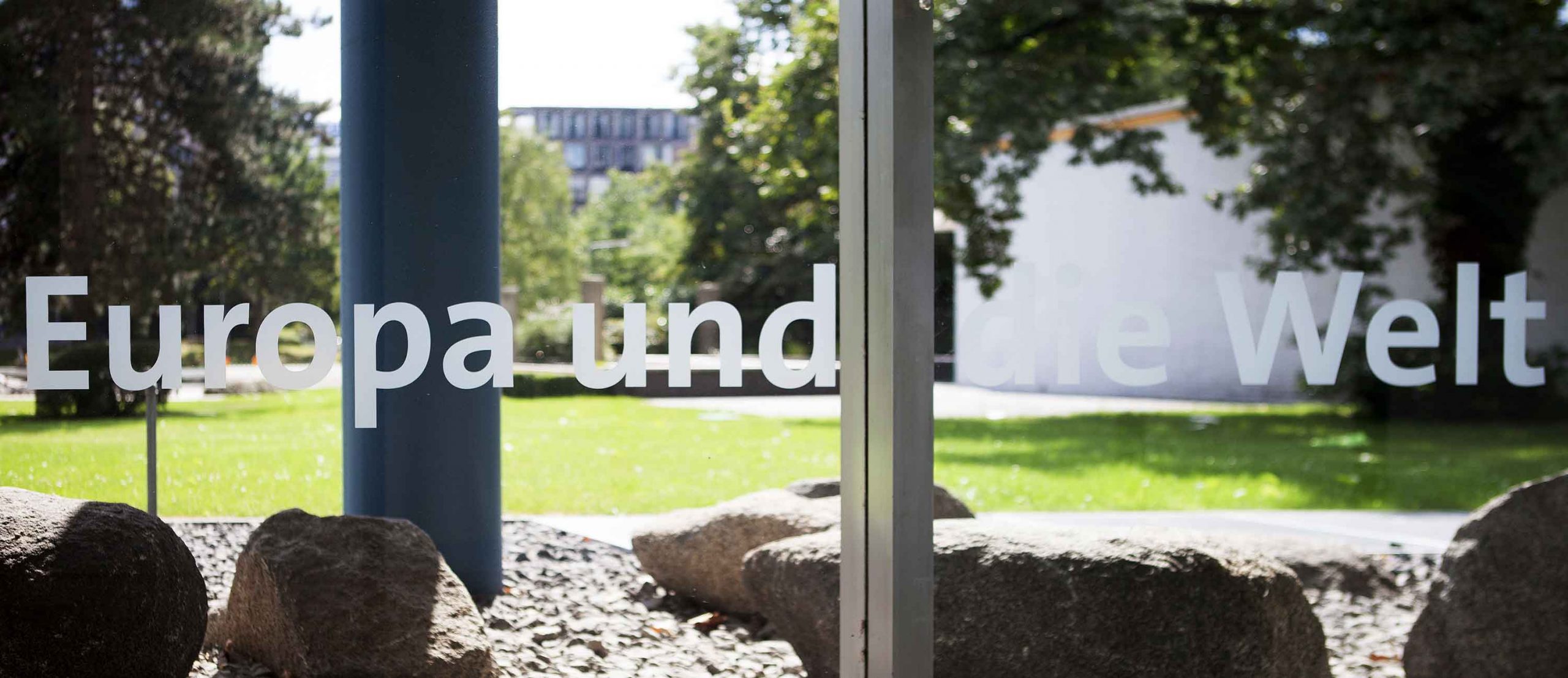The Mechanical Engineering Industry Association (VDMA) represents around 3,300 member companies in the SME-dominated mechanical and systems engineering industry in Germany and Europe. The VDMA forms the entire value chain of the capital goods industry – from the component to the complete system and system suppliers, to service providers.
The association represents the common economic, technological and scientific interests of this diverse industry.
Easy Engineering: What are the main areas of activity of the organization?
VDMA: The VDMA is an industry-related service provider and consultant. Through the 38 associations and regional as well as foreign subsidiaries, we arrange contacts and provide information on the main customer groups. The VDMA departments provide support on topics such as foreign trade, business management, economics/statistics, technical regulations, standardization, law, taxes, environment/sustainability as well as education.
The Fluid Power and Power Transmission Engineering Associations within VDMA are a sector specific service provider for manufacturers of the hydraulic, pneumatic and sealing technology as well as for the mechanical and electric drive technology industry. With about 400 member companies we nearly cover 90% of the German market. Amongst other things our focuses comprise market information and statistics, trade fairs, technology and standardization as well as the promotion of research and innovation. We drive forward areas of activities like Industrie 4.0 which are important for the future.

We provide our members with a wide range of exclusive national and international market information tailored to the interests of the industry. We organize national and international industry meetings for our members to discuss current topics: Economic Committee, Market research working groups, Working Groups Sealing Technology, International Fluid Power Summit Meeting.
We help our members with a wide-ranging local network for market entry and market observation through liaison offices in Brazil, China, India and Russia.
We offer our member companies cooperation in national, European and international standardization organizations: VDMA – DIN – CEN – ISO.
Together with the members we plan application-oriented research projects in cooperation with colleagues and universities. We are committed to the qualification of junior staff: with the help of the FVA (German Research Association for Drive Technology), the Fluid Power Research Fund and the Endowed Chair for Mobile Machines at the KIT at Karlsruhe.
We create dialogue platforms for you, for example:
– International Fluid Technology Colloquium (IFK)
– International Sealing Conference (ISC)
– Forum Mobile Machines (MOBIMA)
– Workshops with customer groups

The Power Transmission Engineering and Fluid Power Associations offer the option of presenting your business prominently at a companies’ pavilion at a wide range of trade fairs in Germany and abroad. Within Germany, we organize these booths by ourselves (at the Automation, Motion & Drives at HANNOVER MESSE, AGRITECHNICA Systems & Components (Hannover), bauma (Munich)); when abroad, we use the options offered by the German Pavilions (PTC ASIA in Shanghai, WIN EURASIA Automation in Istanbul and HANNOVERMESSE USA parallel to the IMTS in Chicago).
E.E: What’s the news for 2020 about new directions?
VDMA: Sustainability and resource-saving management remain a long-term challenge for companies. Customers, investors, employees and other stakeholders are increasingly aware of the importance of a credible contribution in the form of effective CO2 management by companies.
E.E: What can you tell us about market trends?
VDMA: For the mechanical engineering industry, 5G holds great potential and solves three major problems of industry: the speed of data transmission in production, low data rates and resilience.
Artificial intelligence will change business models and lead to significant progress in production – without minimizing the role of humans. Mechanical engineering relies above all on “machine learning”.
As a supplier industry, the fluid power industry for example is facing up to the requirements resulting from “Industrie 4.0” and the need for interoperability. In digitalised value-added chains, which enable ever faster, more flexible and individualised production, the components of fluid technology must also be able to be addressed and communicate.
The further development to “Fluid Power 4.0” has been intensively pursued for several years. To this end, the VDMA Fluid Power Association, together with its member companies, has developed a holistic standardization strategy which has since been implemented with a large number of activities at national and international level.

The focus is on the “digital twin”, the virtual complete and uniform description and identification of fluid power products throughout their life cycle and at various application levels. The aim is that machines and systems can be integrated safely, seamlessly and effortlessly into customer and application-specific IT ecosystems.
Keywords are OPC UA (Open Platform Communications Unified Architecture) and umati. Umati (universal machine technology interface) uses OPC UA as an open, universal interface standard. Umati can be used license-free as an open standard.
E.E: What estimations do you have for 2020?
VDMA: The further prospects are still unclear. The hope of many companies is that the business situation will stabilize again in the second half of 2020. However, it is rather unlikely that there will be a “race to catch up” with regard to the lack of sales and incoming orders.
The geopolitical imponderables, e.g. the USA and China, and structural issues such as the state of the automotive industry or climate change have also become somewhat out of focus. These issues, too, have not yet been finally resolved and will ensure that things remain exciting.
After a disappointing year in 2020, the majority of mechanical engineering companies are confident of achieving nominal sales increases again as early as 2021.

